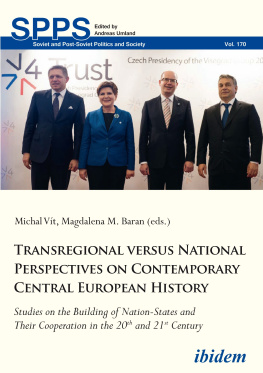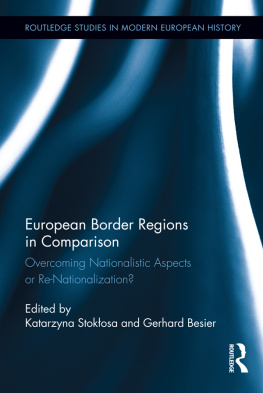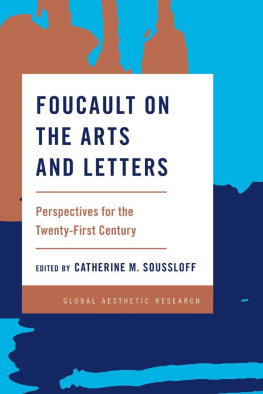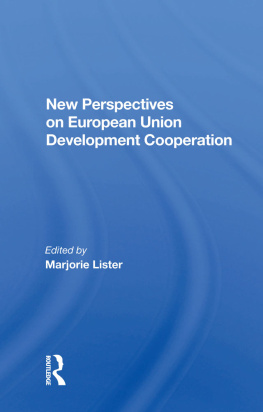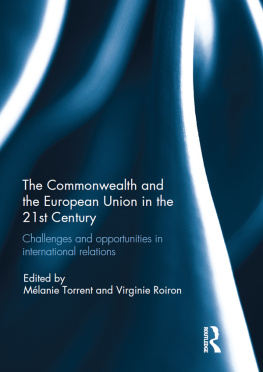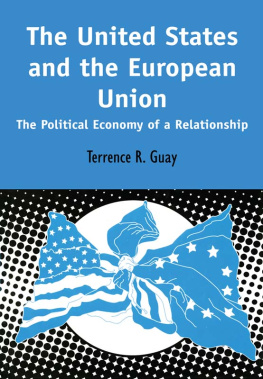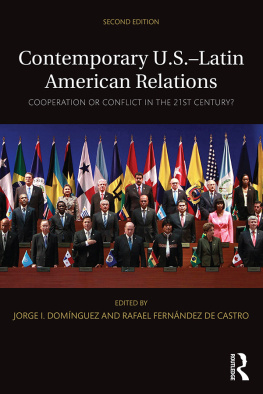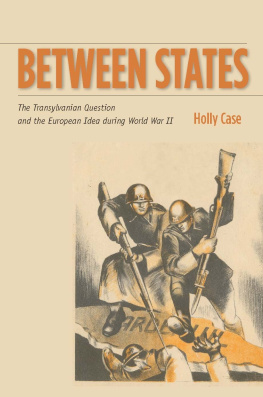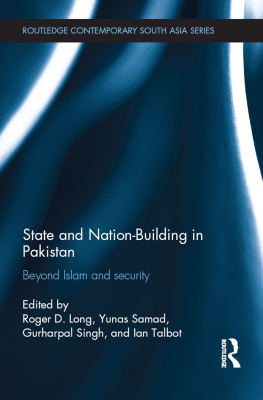Foreword
Main idea of the conference that was realized in 2012 was relatively simple: to compare various positions towards historical personalities and events in Central European countries. Rather provocative title of the conference My hero, your enemy was based on the fact that a successful politician in one country or an important and celebrated event in its history can often provoke an ambiguous reaction in neighboring country or countries. Particularly, inside of such close space as the Central Europe is.
The realization of the project was considered for a relatively long time. There were concerns that the topic was rather dangerous and conference may end up with a sharp clash of Visegrad historians. There was also a problem with title which was taken as too irritant. During one discussion on other variants of the title, original compromise proposal emergedto put at the end of the title a question mark as a sign of historical optimism Particularly this sophisticated joke set the wheels in motion.
We can meet controversy embodied in the title My heroyour enemy in any historical period but approaching our times the topic is becoming more and more sensitive. Neighbouring countries are able to forgive Czechs for their Hussites, however, personality of former Czechoslovak president Edvard Bene has been able to provoke controversies till today. Discussion on role of such complicated persons has sometimes even explosive political potential.
The second conference National Identities in Central Europe in the Light of Changing European Geopolitics 19181948, organized in 2015, develops the idea of the first discussion on the mentioned topic. As its organizers announced: In a similar way to its predecessor the conference will focus on national histories. Moreover, it will also try to build a bridge and to identify links between historical events and the contemporary identity politics in the Visegrd countries.
Both conferences, supported by the International Visegrad Fund, were based on modest wish expressed by organizers in subtitle of the first conference: Listening to Understand. Vivid but very correct exchange of opinion led during these conferences demonstrated that it is possible to discuss very delicate topics, if people are prepared not only to speak and promote their opinion as the only right but also to listen. Particularly this moment has been one of the most important results of these two meetings of experts who managed to leave various historical animosities, sometimes accompanied with political ambitions, at the door.
Another important contribution of both conferences, let's hope that they will have continuation, lies not only in cultivated and meaningful multilog of experts from various branches; it also lies in dialogue with our common history, with our traditions. Whether we like it or not, history has had its impact on our present and such dialogue can help us to understand this influence better. At the same time, we should understand that such dialogue will not often lead to mutually acceptable results because in various society it has various grounds.
The question what historical truth is, if it exists, would be an issue for very serious methodological discussion, but let it be only said here that history can be a good servant but a bad master. Relativity of historical explanations, falsification of history or its misuse can have a very negative impact on the relations between nations as we can, unfortunately, see in contemporary world as well. Evenhanded and factual character of most of contributions presented in this book shows the way how to deal with history, no matter how complicated. And it should be not only another result of both conferences but also an example worth emulating.
No doubts that readers will make their own conclusions but it is not enough because it is necessary to disseminate them if we want to have our world more secure and friendly.
Petr Vgner, former director of International Visegrad Fund
Introduction:
The Historical Difficulties of Regional Cooperation in a Space Where My Hero is Your Enemy
Rick Fawn
University of St Andrews
Let's not take Visegrad cooperation for granted. Of course, it cannot and has not solved every issue; arguably, it avoids embracing issues which already lack pre-existing consensuslet alone serving as a mechanism to forge consensus on, and strategies for more vexing issues.
But it also has done a great deal not only to stabilise, but also to strength relations among its four member countries, and then among them with others. Casting back now more than a quarter of a century, so much at that time suggested that the Visegrad format that we now know would be unthinkable, let alone durable.
Part of that improbability was because if Central European regional cooperation had any pedigree on which to build, it was negative. Far from providing collective defense, the Warsaw Pact distinguished itself in 1968 by becoming the first military alliance to attack itself. The CMEA was jokingly referred to as an antithetical common market, one that fostered shortages; a veteran observer of Soviet bloc economies called its trade 'an exchange of inefficiencies'.
If the post-WWII and socialist eras corrupted the idea of regional cooperation as a practice of mutual of benefit, the post-World War I, interwar period witnessed its antithesis. The new-founded Czechoslovakia and Poland briefly flirted even with federation, a fleeting contemplation also made after the other international-systemic changes of the twentieth-century, following the Second World War and the revolutions of 1989. But in each case, the pre-eminent impulse of state sovereignty quickly reasserted itself. Otherwise, the new order emerged as one where zero-sum calculations predominated. Post-World War I liberal institutionalism embodiment in the League of Nations provided only short-lived aspirational hopes of collective security, undermined by the 1930s by inability even verbally, let alone practicality, to resist the revisionist policies of the defeated powers of the Great War. The League, of course, could not even retain membership of the revisionist or revolutionary states of Fascist Italy, Nazi Germany or the USSR. At least its, eventual successor, the United Nations, countermanded that fateful leagues by entrenching Great Power interests by granting them a veto on the Security Council, an organ uniquely empowered to enact the use of force in international politics.
The hopes of collective security notwithstanding, interwar Central Europe's real efforts at inter-state regional cooperation were invested in classical state-centric alliances: of the Little Entente of Czechoslovakia, Romania and Yugoslavia against the revisionism of the much-reduced Hungary. When possible, extra-regional Great Powers were enlisted also, foremost for Czechoslovakia with, first, France and then the USSR. And when a status quo power most needed helpCzechoslovakia, truncated after Munichneighborly recourse was its further occupation by Hungary and Poland in 1939 once that country had been liquidated.
The international level of non-cooperation was heightened and reflected by internal dynamics of these new polities. The successor states sought, like any other state, to construct a national rational, but one complicated by their multi-ethnic tapestry. National narratives were created, but often in contradistinction to and in exclusivist terms of other states and of other peoples, even and often especially of those found within the young states' borders. And these processes of identity-creation come to the heart of the present collection. Narrative were forged that relied on heroes who, while naturally representing some, were anathema to others. Those legacies find new political lives today, and demand rigorous scrutiny and mutual understanding.

